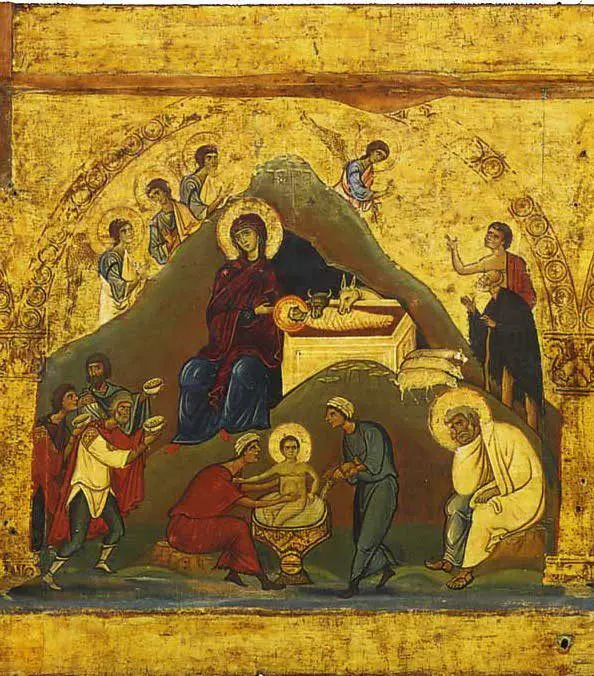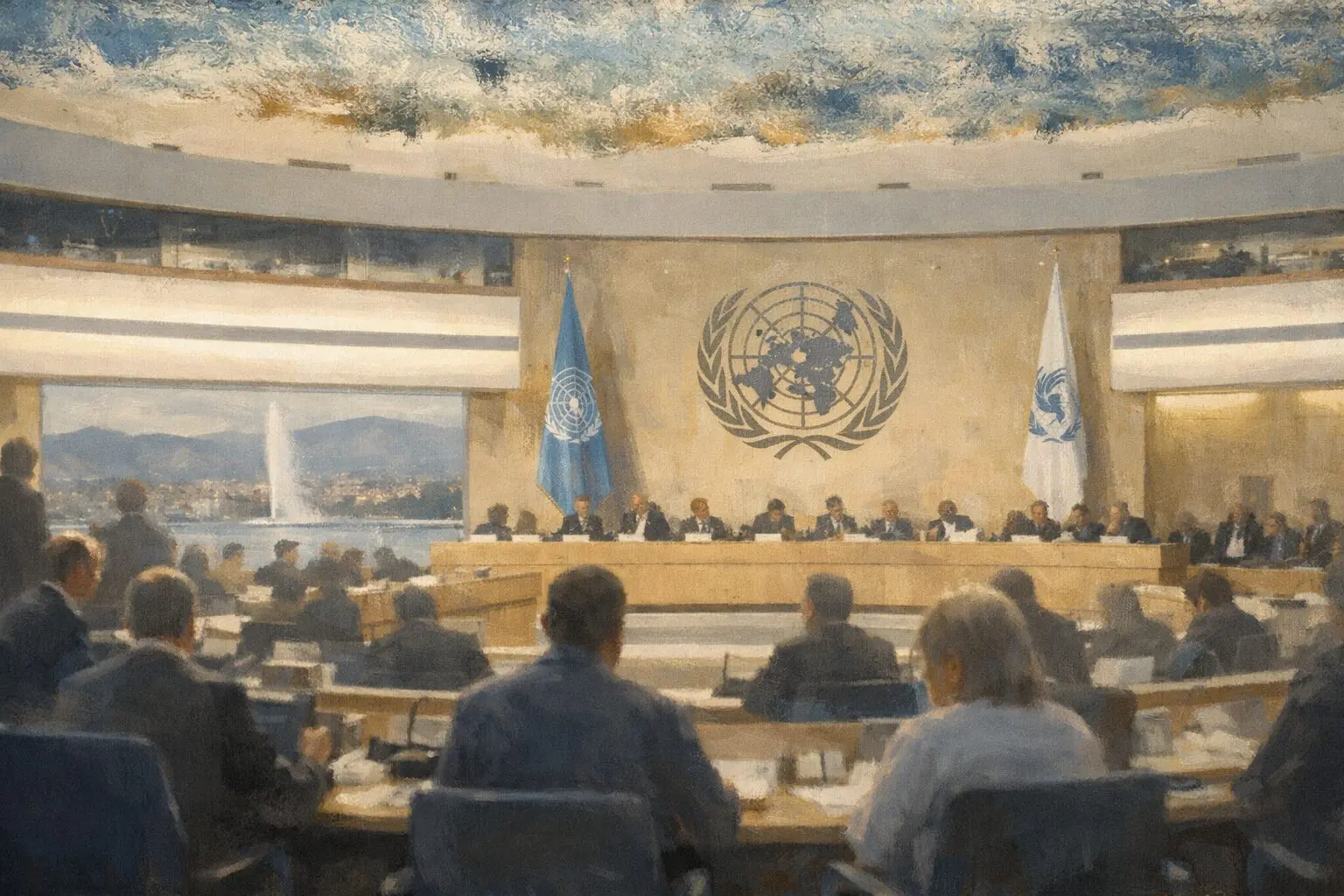Ecumenical Patriarch and Archbishop of Constantinople Bartholomew dedicated his Christmas message to the theology of peace. He begins with the words of the 14th century hesychast, St. Nicholas Cavàsila, that through the incarnation of the Lord, people for the first time knew God in three Persons. The acceptance of human nature by the Son and the Word of God and the opening of the way to man for deification by grace gives him unsurpassed value. Forgetting this truth leads to a weakening of respect for the human person. The denial of man’s high purpose not only does not free him, but also leads him to various limitations and divisions. Without the consciousness of his divine origin and the hope of eternity, man hardly remains human, being unable to cope with the contradictions of the “human condition”.
The Christian understanding of human existence offers a solution to the problems that violence, war and injustice create in our world. Respect for the human person, peace and justice are a gift from God, but achieving the peace that Christ brought with His incarnation requires the participation and cooperation of human beings. The Christian position on the issue of the struggle for peace is determined by the words of Christ the Savior, who preaches peace, greets with “peace to you” and calls people to love their enemies. The revelation of Christ is called the “Gospel of Peace.” This means that for us Christians the path to peace is peace itself, that nonviolence, dialogue, love, forgiveness and reconciliation take precedence over other forms of conflict resolution. The theology of peace is clearly described in the text of the Ecumenical Patriarchate “On the Life of the World” (from 2020), where it is said: “Nothing is more contrary to God’s will for His creatures, created in His image and likeness, than the violence that man exercises against his neighbor… We can rightly claim that violence is a sin par excellence. It is the complete opposite of our created nature and our supernatural calling to seek loving union with God and neighbor…”.
In the face of the threat to peace, vigilance and the will to solve problems through dialogue are needed. The great heroes of politics are the fighters for peace. We continue to emphasize that religions have a peacemaking role at a time when they are criticized because instead of showing strength for peace, support and reconciliation, they foster fanaticism and violence “in the name of God” – this is a distortion of religious faith, and it doesn’t belong to her.
… With such thoughts and sincere feelings, with the full confidence that the life of the Church as such represents resistance to inhumanity, wherever it comes from, we call all of us to the good fight to build a culture of peace and reconciliation in which one will see in the face of one’s neighbor, brother and friend, not the enemy and the enemy, and which reminds all of us, brothers and children, that the Nativity of Christ is a time of self-knowledge and gratitude, of revealing the difference between the God-man and the “man-god”, of realizing the “great miracle” of freedom in Christ and of healing the “great trauma” of alienation from God.






